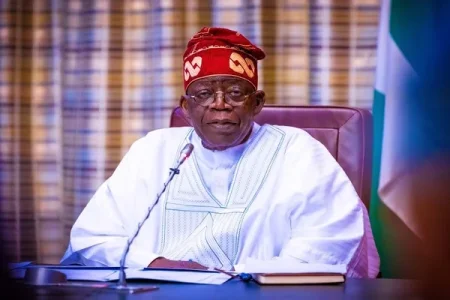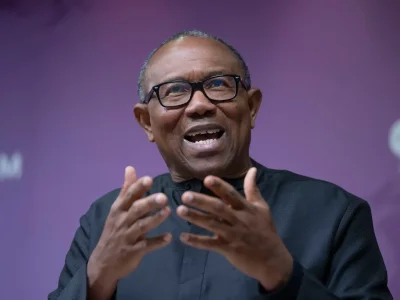
The Nigerian Presidency refutes claims of the worst economic crisis, stating President Tinubu inherited the problems. It cites massive fuel subsidy costs, naira defense spending, and debt servicing as key issues inherited.
The Nigerian Presidency has pushed back against claims that the country is facing its worst economic crisis in a generation due to President Bola Tinubu's policies. In a rejoinder to a New York Times article titled "Nigeria Confronts Its Worst Economic Crisis in a Generation," the Presidency highlighted that the current administration inherited these economic woes.
According to Bayo Onanuga, Special Adviser to President Tinubu on Information and Strategy, the fuel subsidy regime had gulped $84.39 billion between 2005 and 2022, while the Nigeria National Petroleum Company Limited (NNPCL) accumulated trillions of naira in debts to absorb the unsustainable subsidy payments.
The rejoinder asserted that the previous administration spent $1.5 billion monthly to defend the naira and resorted to massive borrowing to cover costs, with up to 97 percent of its revenues being used for debt servicing amid serious infrastructure deficits.
Onanuga stated that President Tinubu inherited a "dead economy" and had to take decisive actions, such as the abrogation of the fuel subsidy regime and the unification of multiple exchange rates, to avoid plunging the economy into an abyss.
The Presidency further highlighted that stability is being restored, with the naira's exchange rate now below N1500 to the dollar and prospects of further appreciation by the end of the year. Additionally, the economy recorded a trade surplus of N6.52 trillion in Q1, and portfolio investors have streamed in, indicating renewed confidence in the Nigerian economy.




